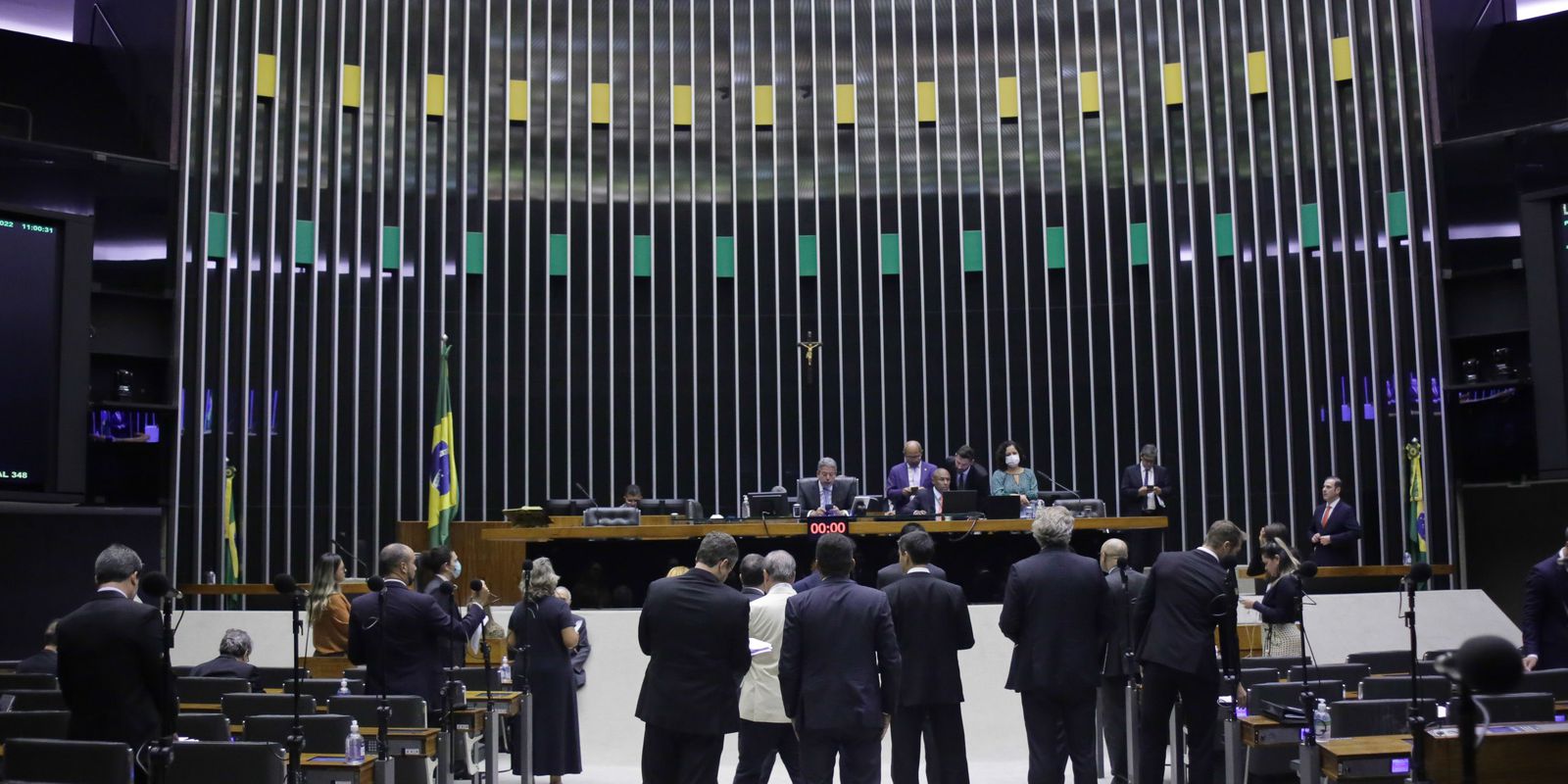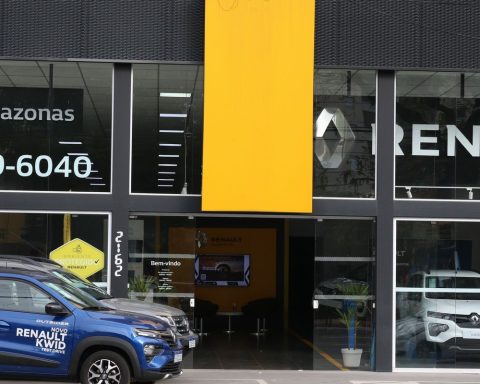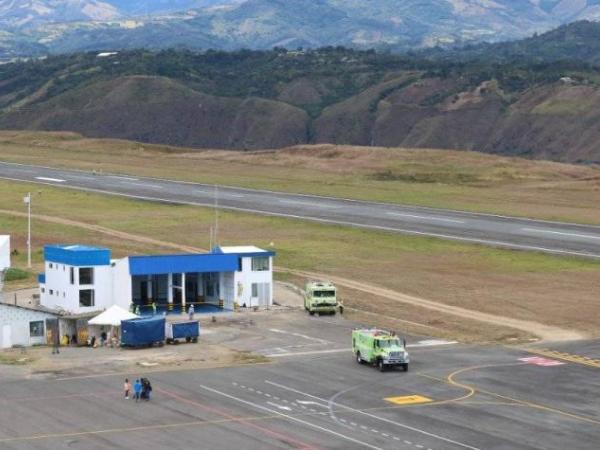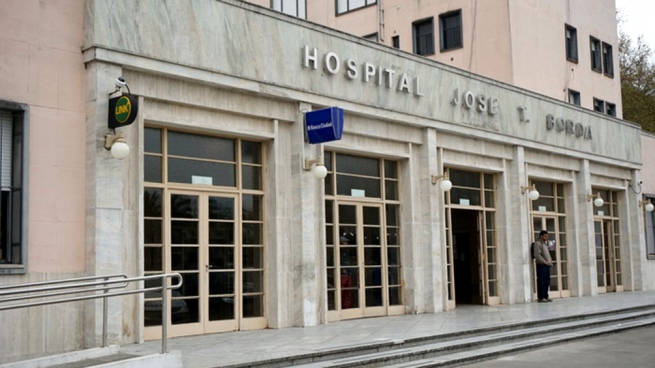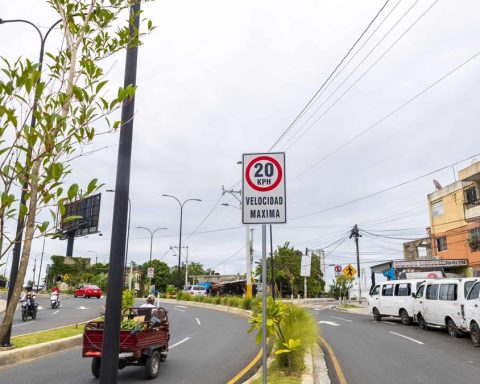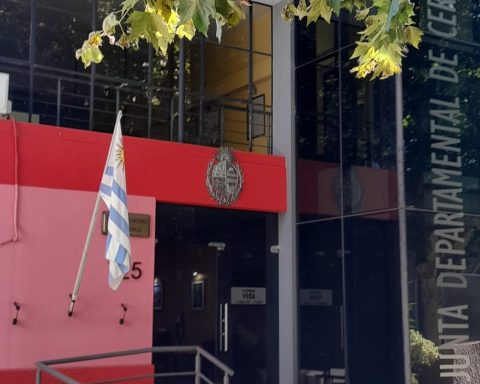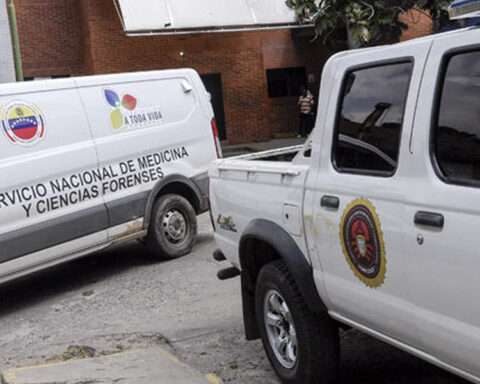The Plenary of the Chamber of Deputies approved this Tuesday (21) a project that allows the creation of funds for public consortia formed by states or municipalities to fund programs and actions of public interest, with a focus on infrastructure works or the acquisition of goods and services. services. The proposal now goes to the Senate.
The approved text is the replacement of the rapporteur, deputy Leandre (PSD-PR), to bill 196/20, originally presented by deputy Geninho Zuliani (União-SP). “The creation of a public consortium of municipalities favors regional planning and allows the articulation of public policies among the federative entities”, said the rapporteur.
“In addition, it minimizes fragmentation and rationalizes investments, especially in the implementation of programs, projects, activities and actions that are practically impossible for many municipalities to carry out in isolation”, he explained.
According to the approved substitute, the public consortia will be able to receive intergovernmental transfers from Health, resources from the constitutional funding funds of the North, Northeast and Midwest and transfers of parliamentary amendments.
Deputy Tiago Mitraud (Novo-MG) criticized the allocation of funds from amendments to public consortia. “This can induce the misuse of public resources, with a less transparent possibility of destination of parliamentary amendments.”
Public consortia may also obtain financing and collect fees due to the exercise of police power or the actual or potential use of specific and divisible public services, provided to the taxpayer or made available to them.
Rules
To form a public consortium, each consortium municipality or state must pass an authorizing law. The public consortium governed by private law will be constituted under the terms of the Civil Code.
For deputy Afonso Florence (PT-BA), the proposal reduces legal controversies over public consortia. “Instead of a state having to agree with ten municipalities, it will be able to transfer fund to fund for the consortium of municipalities to carry out the infrastructure work”, he said.
Management
Intermunicipal or interstate consortium funds will be created and regulated in public consortium acts, approved at a general meeting. In addition, they will have a management council made up of up to five members, including representation from civil society.
The project also allows public consortia to supervise the classification of plant products, their by-products and residues of economic value.
*With information from the Chamber Agency.
